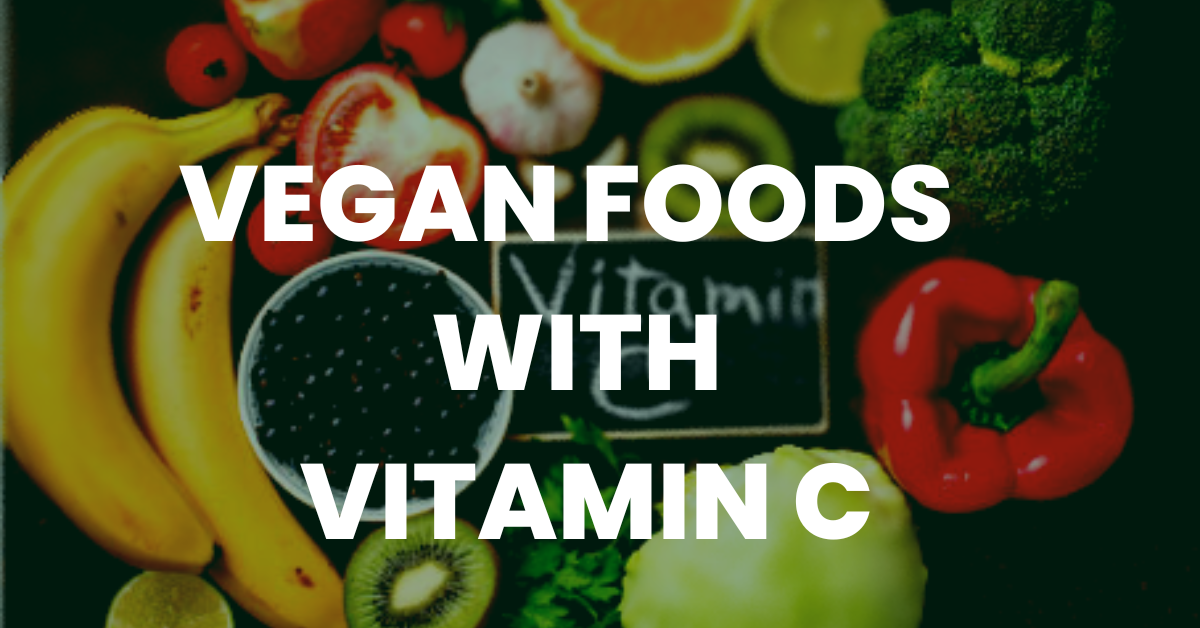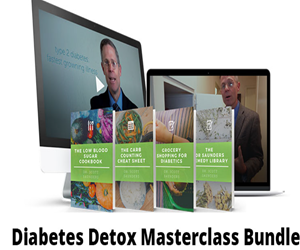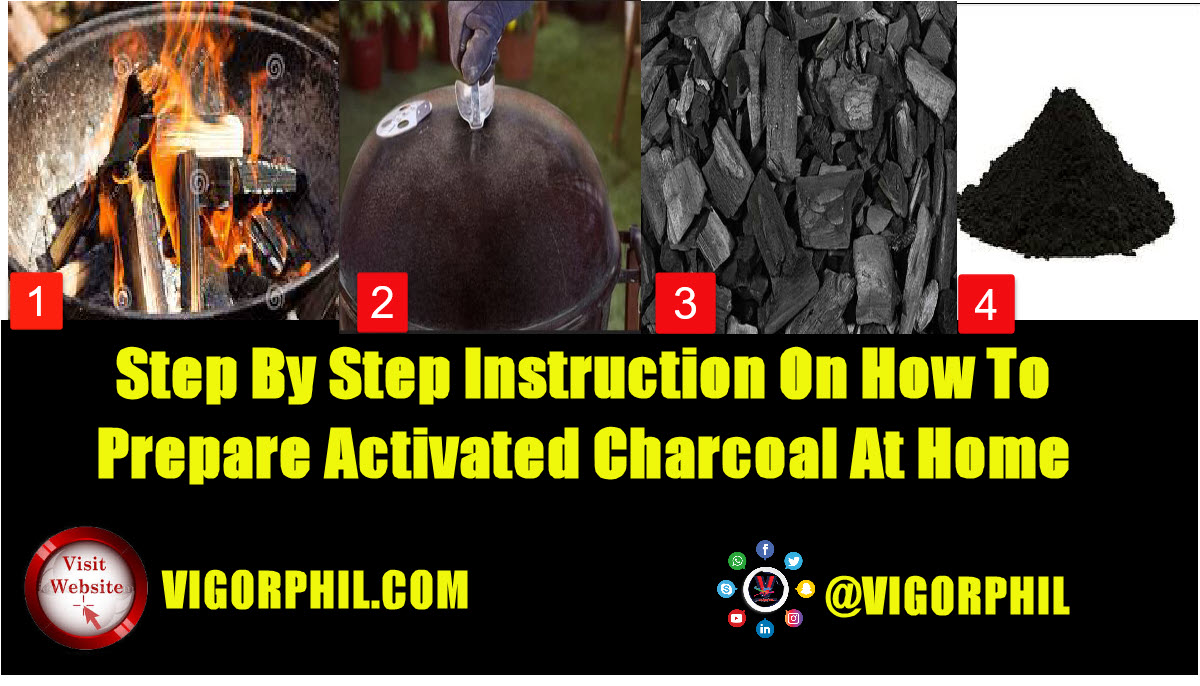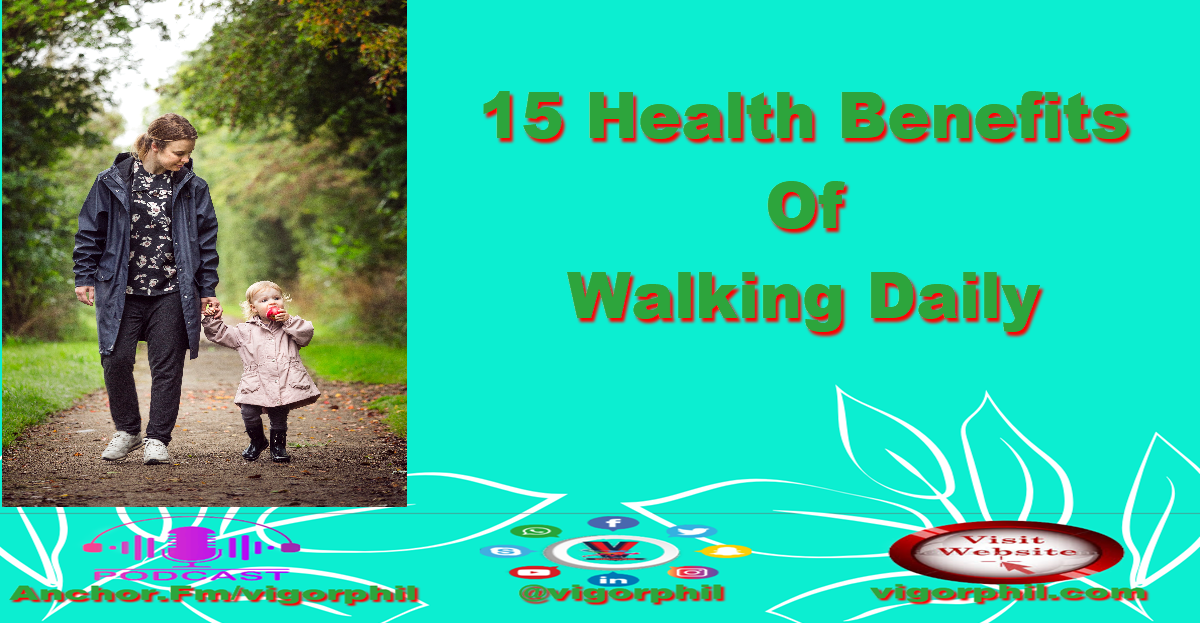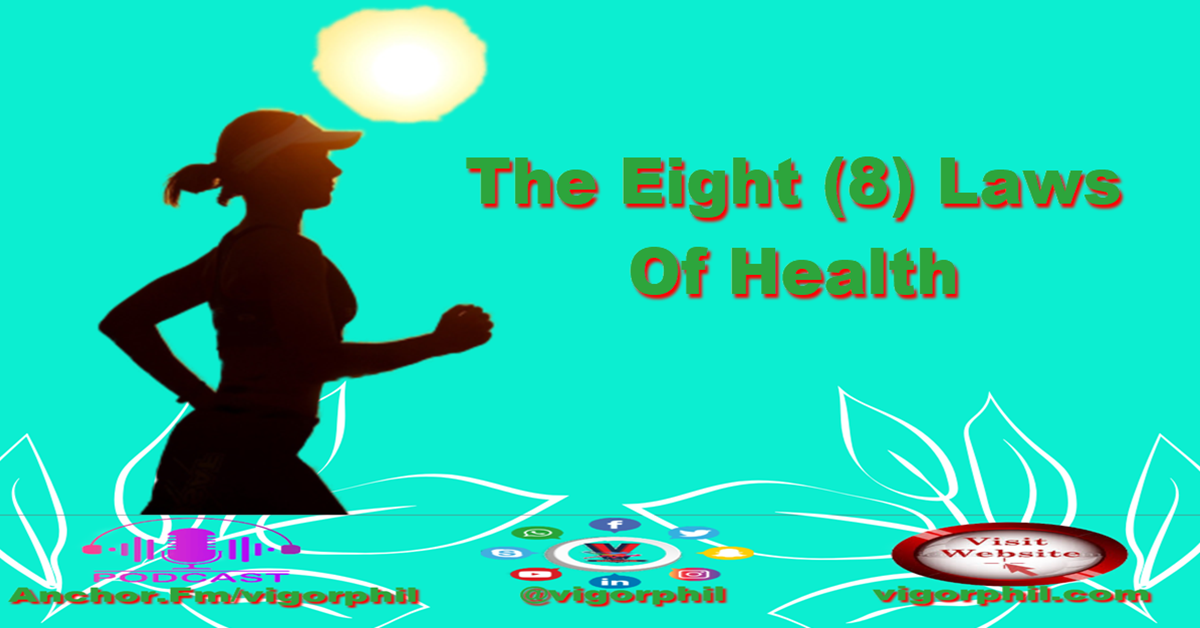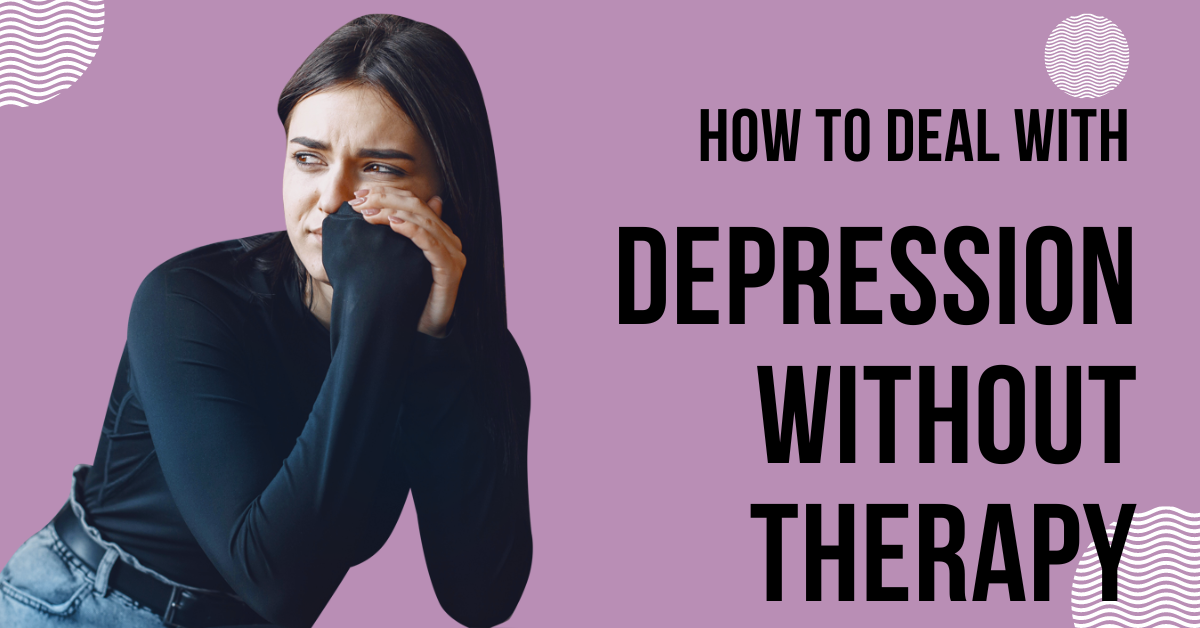Veganism is a lifestyle and dietary choice that involves excluding animal products and by-products from one’s diet. This dietary choice is not only compassionate towards animals but also has numerous health benefits. One essential nutrient that is often a concern for vegans is Vitamin C. Vitamin C is a water-soluble nutrient that plays a vital role in maintaining a healthy immune system, supporting skin health, and promoting the absorption of iron from plant-based sources.
In a vegan diet, it is important to ensure that one is consuming adequate amounts of Vitamin C to meet the body’s daily requirements. While citrus fruits such as oranges are commonly known for their high Vitamin C content, there are many other vegan-friendly foods that are rich in this essential nutrient. This article will explore various vegan foods that are high in Vitamin C and provide ways to incorporate them into a healthy and balanced diet.
Vegan Foods Rich in Vitamin C
Oranges
Oranges are one of the most well-known and easily accessible sources of Vitamin C for vegans. These juicy and sweet citrus fruits are a staple in many households and are a great addition to a vegan diet. One medium-sized orange provides approximately 70 milligrams of Vitamin C, which is about 78% of the daily recommended intake for adults.
Oranges can be enjoyed in a variety of ways. They can be eaten as a snack, added to smoothies, juiced, or used as a topping for salads and bowls. In addition to their high Vitamin C content, oranges are also a good source of fiber, folate, and potassium. These nutrients work together to support overall health and well-being.
Incorporating oranges into a vegan diet is easy and convenient. Whether you prefer a sweet or savory meal, oranges can be a delicious and nutritious addition. For a sweet treat, try freezing them for a refreshing and Vitamin C-packed snack. For a savory meal, add sliced oranges to a salad or use the juice to add flavor to a stir-fry dish. With so many options, there’s no excuse not to enjoy the many benefits of oranges as a vegan food rich in Vitamin C.
Kiwi
Kiwi is a unique and delicious fruit that is often overlooked but is a great vitamin C source for vegans. One medium-sized kiwi provides approximately 64 milligrams of Vitamin C, which is about 71% of the daily recommended intake for adults. This small but mighty fruit packs a powerful punch when it comes to Vitamin C and other essential nutrients.
Kiwi has a sweet and tangy flavor and a soft, yet slightly crunchy texture. It can be enjoyed on its own as a snack, added to smoothies, or used as a topping for yogurt or oatmeal. In addition to its high Vitamin C content, kiwi is a good source of fiber, potassium, and antioxidants. These nutrients work together to support overall health and well-being.
Incorporating kiwi into a vegan diet is easy and delicious. Simply peel and slice the fruit, or blend it into a smoothie for a quick and nutritious boost. Kiwi also pairs well with other fruits and vegetables, making it a versatile ingredient in a variety of dishes. Whether you prefer a sweet or savory meal, kiwi can add a burst of flavor and Vitamin C to any dish.
Strawberries
Strawberries are a sweet and juicy fruit that is not only delicious but also a great source of Vitamin C for vegans. One cup of strawberries provides approximately 89 milligrams of Vitamin C, which is about 98% of the daily recommended intake for adults. This popular fruit contains Vitamin C and other essential nutrients that support overall health and well-being.
Strawberries can be enjoyed in a variety of ways. They can be eaten as a snack, added to smoothies, used as a topping for yogurt or oatmeal, or even blended into a sauce or jam. In addition to their high Vitamin C content, strawberries are a good source of fiber, folate, and antioxidants.
Incorporating strawberries into a vegan diet is easy and delicious. They are readily available at most grocery stores and can be eaten fresh or frozen. Try dipping them in almond or peanut butter for a sweet and satisfying snack. For a more savory meal, add sliced strawberries to a salad or use them as a topping for a grain bowl. With so many options, there’s no excuse not to enjoy the many benefits of strawberries as a vegan food rich in Vitamin C.
Guava
Guava is a tropical fruit that is not only delicious but also a great source of Vitamin C for vegans. One cup of guava provides approximately 377 milligrams of Vitamin C, which is about 417% of the daily recommended intake for adults. This unique and flavorful fruit is not only packed with Vitamin C but also with other essential nutrients that support overall health and well-being.
Guava has a sweet and slightly tart flavor and a soft and juicy texture. It can be enjoyed on its own as a snack, added to smoothies, or used as a topping for yogurt or oatmeal. In addition to its high Vitamin C content, guava is also a good source of fiber, potassium, and antioxidants.
Incorporating guava into a vegan diet is easy and delicious. While it may not be as readily available as other fruits, it can often be found in specialty grocery stores or online. For a sweet and satisfying snack, try slicing it and eating it fresh. For a more savory meal, try using guava as a base for salsa or chutney. With so many options, there’s no excuse not to enjoy the many benefits of guava as a vegan food rich in Vitamin C
Vegetables high in Vitamin C
Bell peppers
Bell peppers are versatile vegetables that are not only delicious but also a great source of Vitamin C for vegans. One cup of chopped red bell pepper provides approximately 190 milligrams of Vitamin C, which is about 211% of the daily recommended intake for adults. This crunchy and colorful vegetable contains Vitamin C and other essential nutrients that support overall health and well-being.
Bell peppers come in a variety of colors including green, yellow, orange, and red. The red variety contains the most Vitamin C, but all colors are a great addition to a vegan diet. Bell peppers can be enjoyed in a variety of ways, such as raw in salads, roasted, grilled, or stir-fried. In addition to their high Vitamin C content, bell peppers are a good source of fiber, folate, and antioxidants.
Incorporating bell peppers into a vegan diet is easy and delicious. They are readily available at most grocery stores and can be used in a variety of dishes. For a sweet and satisfying snack, try slicing them and eating them raw with hummus or another dip. For a more savory meal, try roasting or grilling them and adding them to a grain bowl or salad. With so many options, there’s no excuse not to enjoy the many benefits of bell peppers as a vegan food rich in Vitamin C.
Broccoli
Broccoli is a cruciferous vegetable that is not only nutritious but also a great source of Vitamin C for vegans. One cup of cooked broccoli provides approximately 81 milligrams of Vitamin C, about 90% of the daily recommended intake for adults. This leafy green vegetable is packed with Vitamin C and other essential nutrients that support overall health and well-being.
Broccoli has a slightly bitter flavor and a tender crunchy texture. It can be enjoyed on its own as a side dish, added to soups and stews, or roasted or steamed as a main dish. In addition to its high Vitamin C content, broccoli is also a good source of fiber, folate, and antioxidants.
Incorporating broccoli into a vegan diet is easy and delicious. It is readily available at most grocery stores and can be used in a variety of dishes. For a sweet and satisfying snack, try roasting it and eating it as a crunchy snack. For a more savory meal, try adding it to a stir-fry or pasta dish. With so many options, there’s no excuse not to enjoy the many benefits of broccoli as a vegan food rich in Vitamin C.
Kale
Kale is a leafy green vegetable that is not only nutritious but also a great source of Vitamin C for vegans. One cup of cooked kale provides approximately 80 milligrams of Vitamin C, about 89% of the daily recommended intake for adults. This versatile vegetable is packed with Vitamin C and other essential nutrients that support overall health and well-being.
Kale has a slightly bitter flavor and a tender, yet crunchy texture. It can be enjoyed on its own as a side dish, added to soups and stews, or blended into smoothies. In addition to its high Vitamin C content, kale is a good source of fiber, potassium, and antioxidants.
Incorporating kale into a vegan diet is easy and delicious. It is readily available at most grocery stores and can be used in a variety of dishes. For a sweet and satisfying snack, try massaging it with a little bit of oil and lemon juice and eating it as a salad. For a more savory meal, try sautéing it and adding it to a grain bowl or stir-fry. With so many options, there’s no excuse not to enjoy the many benefits of kale as a vegan food rich in Vitamin C.
Brussels sprouts
Brussels sprouts are a small cruciferous vegetable that is not only nutritious but also a great source of Vitamin C for vegans. One cup of cooked Brussels sprouts provides approximately 48 milligrams of Vitamin C, which is about 53% of the daily recommended intake for adults. This flavorful vegetable is not only packed with Vitamin C but also with other essential nutrients that support overall health and well-being.
Brussels sprouts have a slightly nutty flavor and a tender, yet crunchy texture. They can be enjoyed on their own as a side dish, roasted or sautéed, or added to soups and stews. In addition to their high Vitamin C content, Brussels sprouts are also a good source of fiber, folate, and antioxidants.
Incorporating Brussels sprouts into a vegan diet is easy and delicious. They are readily available at most grocery stores and can be used in a variety of dishes. For a sweet and satisfying snack, try roasting them and eating them as a crunchy snack. For a more savory meal, try adding them to a grain bowl or stir-fry. With so many options, there’s no excuse not to enjoy the many benefits of Brussels sprouts as a vegan food rich in Vitamin C.
legumes high in vitamin c
Lentils
Lentils are a type of legume that is not only nutritious but also a great source of Vitamin C for vegans. One cup of cooked lentils provides approximately 6 milligrams of Vitamin C, about 7% of the daily recommended intake for adults. Lentils are not only a good source of Vitamin C but also of other essential nutrients such as fiber, protein, and iron.
Lentils have a mild, earthy flavor and a soft, yet slightly chewy texture. They can be used in a variety of dishes such as soups, stews, and salads, and even as a replacement for ground meat in tacos or burgers. In addition to their Vitamin C content, lentils are also a good source of antioxidants and phytochemicals that support overall health and well-being.
Incorporating lentils into a vegan diet is easy and delicious. They are readily available at most grocery stores and can be used in a variety of dishes. For a quick and filling meal, try making a lentil soup or salad. For a more hearty dish, try using them as a base for chili or stew. With so many options, there’s no excuse not to enjoy the many benefits of lentils as a vegan food rich in Vitamin C.
Chickpeas
Chickpeas, also known as garbanzo beans, are a type of legume that is not only nutritious but also a great source of Vitamin C for vegans. One cup of cooked chickpeas provides approximately 4 milligrams of Vitamin C, which is about 4% of the daily recommended intake for adults. Chickpeas are not only a good source of Vitamin C but also of other essential nutrients such as fiber, protein, and iron.
Chickpeas have a nutty, slightly earthy flavor and a firm, yet tender texture. They can be used in a variety of dishes such as salads, soups, and stews, and even as a replacement for flour in baked goods like falafel or hummus. In addition to their Vitamin C content, chickpeas are also a good source of antioxidants and phytochemicals that support overall health and well-being.
Incorporating chickpeas into a vegan diet is easy and delicious. They are readily available at most grocery stores and can be used in a variety of dishes. For a quick and easy snack, try roasting them and eating them as a crunchy treat. For a more filling meal, try making a chickpea salad or a warm bowl of chili. With so many options, there’s no excuse not to enjoy the many benefits of chickpeas as a vegan food rich in Vitamin C.
Peas
Peas are a type of legume that is not only nutritious but also a great source of Vitamin C for vegans. One cup of cooked peas provides approximately 8 milligrams of Vitamin C, about 9% of the daily recommended intake for adults. Peas are not only a good source of Vitamin C but also of other essential nutrients such as fiber, protein, and iron.
Peas have a sweet, slightly starchy flavor and a tender, yet crunchy texture. They can be used in a variety of dishes such as salads, soups, stews, and even as a side dish on their own. In addition to their Vitamin C content, peas are also a good source of antioxidants and phytochemicals that support overall health and well-being.
Incorporating peas into a vegan diet is easy and delicious. They are readily available at most grocery stores and can be used in a variety of dishes. For a quick and easy snack, try roasting them and eating them as a crunchy treat. For a more filling meal, try adding them to a stir-fry or soup. With so many options, there’s no excuse not to enjoy the many benefits of peas as a vegan food rich in Vitamin C.
Nuts And Seeds high in Vitamin C
Almond
Almonds are a type of tree nut that is not only nutritious but also a great source of Vitamin C for vegans. One ounce of almonds provides approximately 0.9 milligrams of Vitamin C, which is about 1% of the daily recommended intake for adults. Almonds are not only a good source of Vitamin C but also of other essential nutrients such as fiber, protein, and healthy fats.
Almonds have a slightly sweet and nutty flavor and a crunchy texture. They can be used in a variety of dishes such as baked goods, and trail mixes, and even as a substitute for cream or milk in smoothies and other recipes. In addition to their Vitamin C content, almonds are also a good source of antioxidants and phytochemicals that support overall health and well-being.
Incorporating almonds into a vegan diet is easy and delicious. They are readily available at most grocery stores and can be used in a variety of dishes. For a quick and easy snack, try eating a handful of almonds as a crunchy treat. For a more filling meal, try adding them to a salad or using almond flour in baking. With so many options, there’s no excuse not to enjoy the many benefits of almonds as a vegan food rich in Vitamin C.
Sunflower seeds
Sunflower seeds are a type of seed that is not only nutritious but also a great source of Vitamin C for vegans. One ounce of sunflower seeds provides approximately 0.7 milligrams of Vitamin C, which is about 1% of the daily recommended intake for adults. Sunflower seeds are not only a good source of Vitamin C but also of other essential nutrients such as fiber, protein, and healthy fats.
Sunflower seeds have a slightly nutty and earthy flavor and a crunchy texture. They can be used in a variety of dishes such as trail mixes, and baked goods, and even as a topping for salads and soups. In addition to their Vitamin C content, sunflower seeds are also a good source of antioxidants and phytochemicals that support overall health and well-being.
Incorporating sunflower seeds into a vegan diet is easy and delicious. They are readily available at most grocery stores and can be used in a variety of dishes. For a quick and easy snack, try eating a handful of sunflower seeds as a crunchy treat. For a more filling meal, try adding them to a salad or using sunflower seed butter in place of other nut butter. With so many options, there’s no excuse not to enjoy the many benefits of sunflower seeds as a vegan food rich in Vitamin C.
Chia seeds
Chia seeds are a type of seed that is nutritious and a great source of Vitamin C for vegans. One ounce of chia seeds provides approximately 0.9 milligrams of Vitamin C, about 1% of the daily recommended intake for adults. Chia seeds are not only a good source of Vitamin C but also of other essential nutrients such as fiber, protein, and healthy fats.
Chia seeds have a slightly nutty and earthy flavor and a gelatinous texture when soaked in liquid. They can be used in a variety of dishes such as smoothies, and baked goods, and even as a thickener for sauces and soups. In addition to their Vitamin C content, chia seeds are also a good source of antioxidants and phytochemicals that support overall health and well-being.
Incorporating chia seeds into a vegan diet is easy and delicious. They are readily available at most grocery stores and can be used in various dishes. For a quick and easy snack, try soaking chia seeds in a liquid of your choice to make a gel-like snack. For a more filling meal, try adding chia seeds to a smoothie or using chia seed flour in baking. With so many options, there’s no excuse not to enjoy the many benefits of chia seeds as a vegan food rich in Vitamin C.
How to Prepare Vegan foods to Preserve Vitamin C
Juicing
Juicing is a great way to consume large quantities of fruits and vegetables in a quick and convenient way. This method of preparing vegan foods is especially beneficial for those who are looking to increase their intake of Vitamin C. When you juice fruits and vegetables, you can extract the juice, which is rich in vitamins, minerals, and antioxidants.
Many fruits and vegetables that are high in Vitamin C, such as oranges, strawberries, and bell peppers, can be easily juiced to create a delicious and nutrient-rich drink. Juicing allows you to consume a large amount of produce in a single serving, which can be beneficial for those who have trouble eating large quantities of fruits and vegetables. Additionally, the process of juicing removes the tough, fibrous parts of the produce, making it easier for your body to absorb the nutrients.
When preparing juice, it’s important to choose a variety of fruits and vegetables that are high in Vitamin C. For example, you could juice a combination of oranges, strawberries, and bell peppers to create a delicious and nutrient-rich drink. It’s also a good idea to add in a leafy green vegetable such as kale or spinach, which provides a balanced source of vitamins, minerals, and antioxidants.
Juicing is a convenient and delicious way to consume vegan foods with Vitamin C
However, it’s important to note that while juicing can provide a concentrated dose of vitamins and minerals, it also removes the fiber
Smoothies
Smoothies are another great way to consume vegan foods that are high in Vitamin C. A smoothie is made by blending together fruits, vegetables, and other ingredients to create a delicious and nutrient-dense drink. Unlike juicing, smoothies retain all of the fiber, which can help to slow down digestion and keep you feeling full for longer.
When preparing a smoothie, it’s important to choose ingredients that are high in Vitamin C. Fruits such as oranges, kiwi, and strawberries are excellent choices, as they provide a large amount of Vitamin C in a single serving. You can also add in vegetables such as bell peppers, kale, or spinach to increase the nutrient density of the smoothie.
In addition to fruits and vegetables, you can also add in ingredients such as almond milk, almond butter, or chia seeds to increase the protein and healthy fat content of the smoothie. This makes it a more balanced and filling meal that can help to sustain energy levels throughout the day.
Smoothies are a delicious and convenient way to consume vegan foods with Vitamin C. They can be easily prepared at home with a blender and a few ingredients, or purchased pre-made from a juice bar or health food store. Whether you’re looking for a quick and easy breakfast or a nutrient-dense snack, smoothies are an excellent choice for vegans looking to increase their Vitamin C intake.
Salads
Salads are a classic and delicious way to consume vegan foods that are high in Vitamin C. By combining a variety of fruits and vegetables, you can create a salad that is both nutritious and satisfying. The beauty of salads is that they are versatile and can be customized to suit your personal tastes and nutritional needs.
When preparing a salad, it’s important to choose ingredients high in Vitamin C. Fruits such as oranges, strawberries, and kiwi are excellent choices, as they provide a large amount of Vitamin C in a single serving. You can also add in vegetables such as bell peppers, kale, or broccoli, which are also high in Vitamin C and provide a range of other essential vitamins and minerals.
In addition to fruits and vegetables, you can also add ingredients such as lentils, chickpeas, or peas to increase the protein content of the salad. This makes it a more balanced and filling meal that can help to sustain energy levels throughout the day. You can also add nuts and seeds, such as almonds or sunflower seeds, to increase the healthy fat content of the salad.
To add some flavor and texture to the salad, you can include ingredients such as herbs, spices, or a dressing of your choice. This can help to elevate the taste of the salad and make it a more enjoyable and satisfying meal.
Whether you’re looking for a light and refreshing lunch or a nutrient-dense dinner, salads are an excellent way to consume vegan foods with Vitamin C. With a variety of ingredients and endless flavor combinations, the possibilities are truly endless when it comes to preparing a delicious and nutritious salad.
Stir-fry
Stir-fry is a quick and easy way to prepare vegan foods that are high in Vitamin C. By combining a variety of ingredients and cooking them in a hot pan or wok, you can create a delicious and nutritious meal in no time. The best part is that stir-frying allows you to use up any ingredients that you have on hand, making it a great option for those busy weeknights when you want a quick and healthy meal.
When preparing a stir-fry, it’s important to choose ingredients high in Vitamin C. Vegetables such as bell peppers, broccoli, and Brussels sprouts are excellent choices, as they provide a large amount of Vitamin C in a single serving. You can also add in ingredients such as peas, chickpeas, or lentils to increase the protein content of the stir-fry.
In addition to vegetables, you can also add ingredients such as tofu, tempeh, or seitan to increase the protein content of the stir-fry. These ingredients provide a tasty and satisfying source of protein that is perfect for vegans. To add some flavor and texture to the stir-fry, you can include ingredients such as ginger, garlic, or herbs.
When stir-frying, it’s important to cook the ingredients on high heat for a short amount of time. This helps to preserve the nutrients, including Vitamin C, in the ingredients. You can also add a sauce of your choice to the stir-fry, such as teriyaki sauce or peanut sauce.
Stir-fry is a delicious and convenient way to consume vegan foods with Vitamin C. Whether you’re looking for a quick and easy meal or a flavorful and nutritious dinner, stir-fry is a great option for vegans looking to increase their Vitamin C intake. With a variety of ingredients and endless flavor combinations, the possibilities are truly endless when it comes to preparing a delicious and nutritious stir-fry.
Roasting
Roasting is a simple and delicious way to prepare vegan foods that are high in Vitamin C. By roasting vegetables, you can bring out their natural sweetness and create a satisfying meal that is both nutritious and flavorful. Roasting is a great way to prepare a variety of ingredients, including those that are high in Vitamin C, such as bell peppers, broccoli, Brussels sprouts, and kale.
When roasting, it’s important to choose ingredients that are in season, as this will ensure that you are consuming the freshest and most flavorful produce. You can also add in ingredients such as chickpeas, lentils, or peas to increase the protein content of the dish. These ingredients can be roasted alongside the vegetables for a complete and balanced meal.
To prepare the ingredients for roasting, simply toss them with a little bit of oil, salt, and pepper. Then, place them on a baking sheet and roast them in the oven at a high temperature until they are tender and lightly browned. This should take anywhere from 15 to 25 minutes, depending on the size and thickness of the ingredients.
Roasting is a versatile cooking method that can be adapted to suit your individual tastes. You can add in spices and herbs, such as thyme or rosemary, to add flavor to the dish. You can also add in ingredients such as balsamic vinegar or lemon juice to create a tangy and flavorful sauce.
Roasting is a great way to prepare vegan foods that are high in Vitamin C. Whether you’re looking for a simple and nutritious weeknight dinner or a hearty and flavorful side dish, roasting is a delicious and easy way to consume vegan foods that are rich in Vitamin C. With endless flavor combinations and the ability to use up ingredients that you have on hand, roasting is a must-try cooking method for vegans looking to increase their Vitamin C intake.
conclusion
In conclusion, vegan diets can be rich in Vitamin C, which is an essential nutrient for overall health and well-being. Whether you are looking for a simple fruit snack or a hearty and filling meal, there are many vegan foods that are high in Vitamin C. From oranges and kiwi to bell peppers and kale, there is a wide variety of ingredients that can help you meet your Vitamin C needs.
In addition to consuming these foods, there are many creative and delicious ways to prepare them. Whether you are juicing, making smoothies, or roasting, there is a cooking method to suit your individual tastes and needs.
Eating a variety of vegan foods that are high in Vitamin C can help to improve your overall health and provide the energy and nutrients that your body needs to thrive. So why not try incorporating these foods into your diet today, and start reaping the benefits of a diet that is rich in Vitamin C and other essential nutrients?
Frequently Asked Questions
What is Vitamin C and why is it important for vegans?
Vitamin C is an essential nutrient that plays a key role in maintaining a healthy immune system, skin, and connective tissue. For vegans, it is important to consume enough Vitamin C to support their health and well-being, as this nutrient is not always easily obtained from a plant-based diet.
What are some of the best vegan sources of Vitamin C?
Some of the best vegan sources of Vitamin C include oranges, kiwi, strawberries, guava, bell peppers, broccoli, kale, Brussels sprouts, lentils, chickpeas, peas, almonds, sunflower seeds, and chia seeds.
How much Vitamin C do vegans need to consume daily?
The recommended daily intake of Vitamin C for adults is around 75-90 mg, although this may vary based on age, gender, and other individual factors.
Can vegans get enough Vitamin C from their diet?
Yes, vegans can get enough Vitamin C from their diet, as long as they consume a variety of foods that are rich in this nutrient.
How can vegans prepare vegan foods that are high in Vitamin C?
Some great ways to prepare vegan foods that are high in Vitamin C include juicing, making smoothies, preparing salads, stir-frying, and roasting.
Can vegans consume too much Vitamin C?
Yes, it is possible to consume too much Vitamin C, although this is generally not a concern for most people. Excessive consumption of Vitamin C can lead to diarrhea, nausea, and other digestive symptoms
Is it necessary for vegans to take Vitamin C supplements?
While it is not necessary for all vegans to take Vitamin C supplements, some individuals may choose to do so to ensure that they are getting enough of this essential nutrient.
Are there any Vitamin C supplements specifically for vegans?
Yes, there are Vitamin C supplements that are specifically formulated for vegans, and which are free from animal products and by-products. These may be made from sources like corn, tapioca, or acerola cherry.
Can vegan diets be low in Vitamin C if not planned properly?
Yes, a vegan diet can be low in Vitamin C if not planned properly. It is important for vegans to make sure they are consuming a variety of foods that are rich in this nutrient, and to consider taking supplements if necessary.
Are there any other nutrients that vegans should pay attention to in their diets?
In addition to Vitamin C, vegans should also pay attention to their intake of other nutrients, such as B12, calcium, iron, and omega-3 fatty acids. Consuming a variety of plant-based foods, as well as taking supplements as needed, can help vegans ensure that they are getting all the nutrients they need for optimal health.
References:
- National Institutes of Health Office of Dietary Supplements. (2021). Vitamin C. Retrieved from https://ods.od.nih.gov/factsheets/VitaminC-HealthProfessional/
- World Health Organization. (2021). Vitamin and mineral requirements in human nutrition. Retrieved from https://www.who.int/nutrition/publications/micronutrients/vitamin_c/en/
- USDA FoodData Central. (2021). Search for food composition data. Retrieved from https://fdc.nal.usda.gov/
- Harvard T.H. Chan School of Public Health. (2021). Vitamin C. Retrieved from https://www.hsph.harvard.edu/nutritionsource/vitamin-c/
- Medical News Today. (2021). What are the health benefits of Vitamin C? Retrieved from https://www.medicalnewstoday.com/articles/219741
- Academy of Nutrition and Dietetics. (2021). Vegetarian Diets. Retrieved from https://www.eatright.org/food/planning-and-prep/eating-as-a-vegetarian/vegetarian-diets
- Vegan Society. (2021). Vitamin C and vegans. Retrieved from https://www.vegansociety.com/resources/nutrition-and-health/vitamins-minerals-and-nutrients/vitamin-c
- Healthline. (2021). 10 Plant-Based Foods That Are High in Vitamin C. Retrieved from https://www.healthline.com/nutrition/foods-high-in-vitamin-c.
- The Vegan RD. (2021). Vegan Vitamin C Sources. Retrieved from https://theveganrd.com/vegan-vitamin-c-sources/

